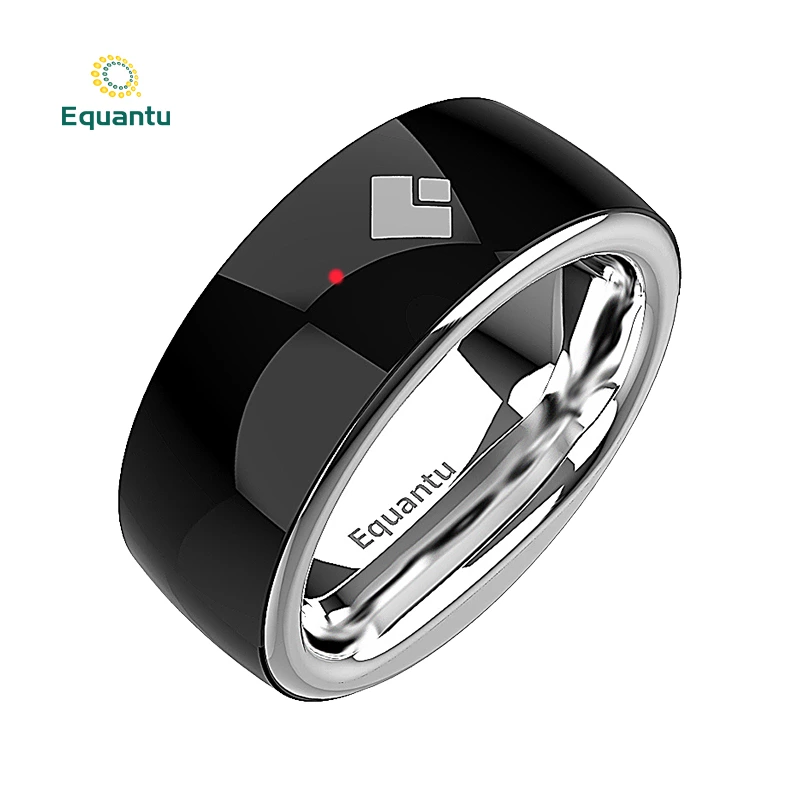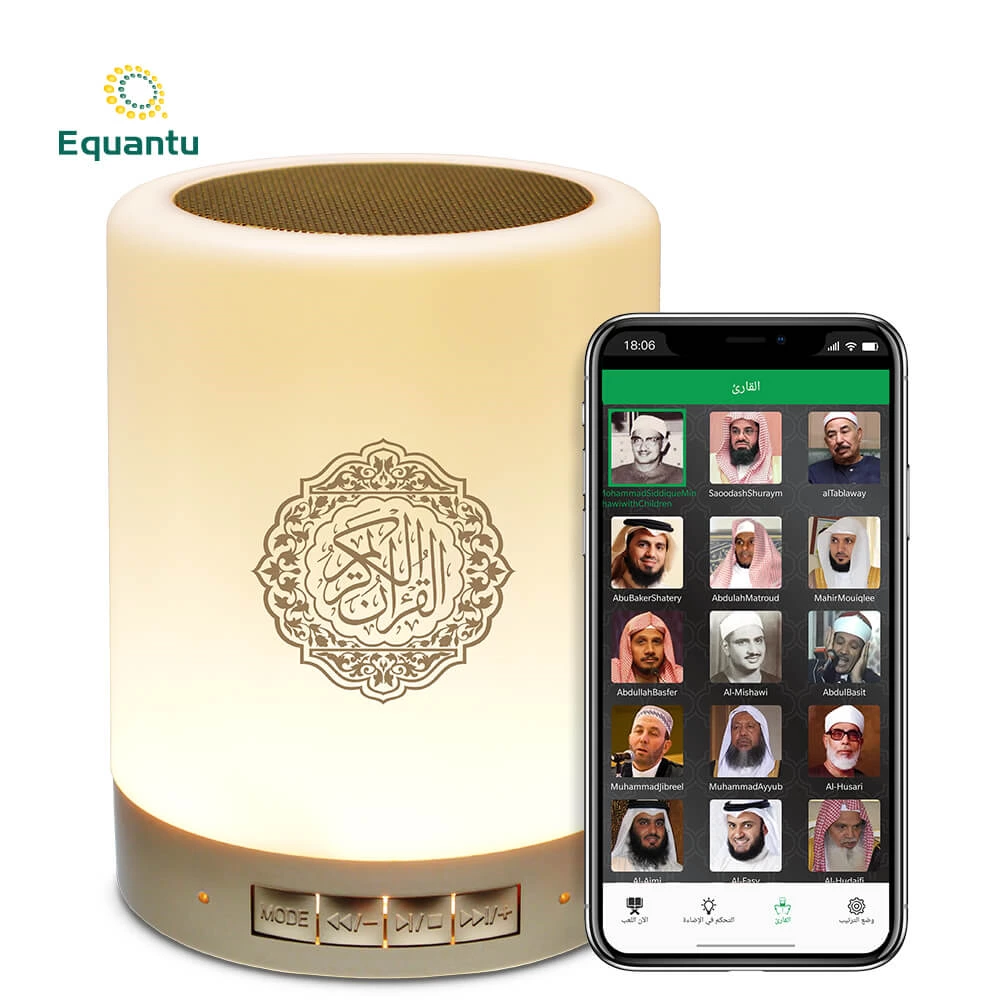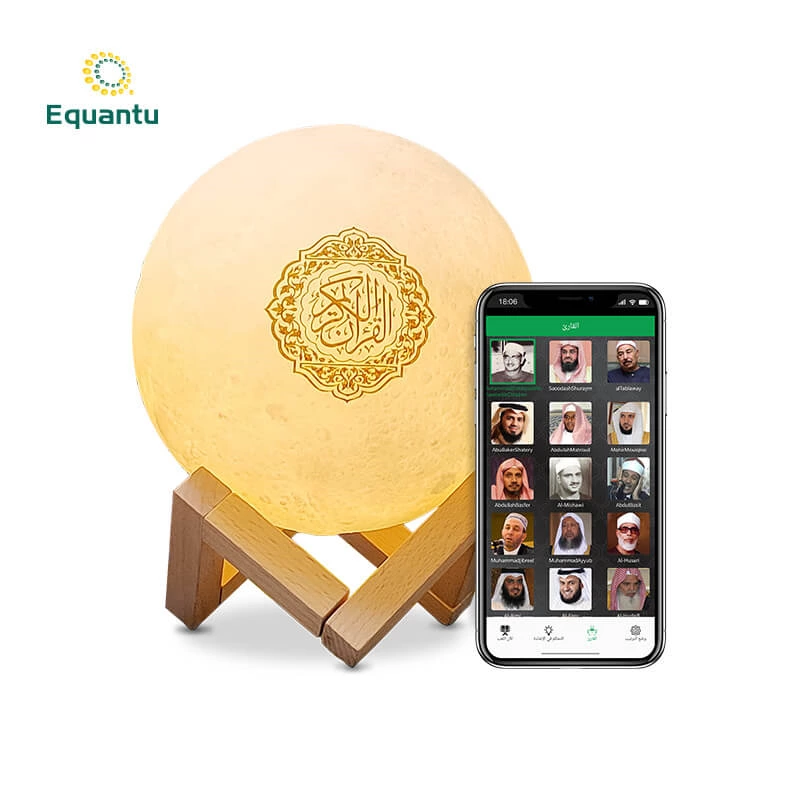Origins of Coffee in Yemen
The story of coffee begins in the ancient coffee forests of the Ethiopian plateau, but it was in Yemen where coffee cultivation and consumption flourished under Muslim influence. Yemen's unique climate and fertile soil created the perfect conditions for growing high-quality coffee beans. The port city of Mocha became synonymous with coffee, serving as the main hub for the trade and export of coffee beans to the Middle East, Europe, and beyond.
Role of Sufi Monks in Coffee Culture
Sufi monks in Yemen used coffee to stay awake during their extended prayer sessions, known as Dhikr. The stimulating effects of coffee provided the necessary energy to sustain their spiritual practices, leading to the widespread adoption of coffee in religious and social settings. Coffeehouses, or qahveh khaneh, became central to Muslim communities, serving as places for intellectual discussions, artistic expressions, and social interactions.
Spread of Coffee Through Muslim Traders
Muslim traders played a crucial role in introducing coffee to different regions, facilitating its spread across the Islamic world and into Europe. The knowledge of coffee cultivation and brewing techniques was shared along trade routes, leading to the establishment of coffee plantations and the creation of distinct coffee cultures in various countries.
Middle East and North Africa: Coffee became an integral part of daily life in the Middle East and North Africa, with coffeehouses serving as cultural hubs for socializing and intellectual exchange.
Europe: By the 17th century, coffee had made its way to Europe, where it was embraced by intellectuals and the elite. Coffeehouses in cities like Vienna, London, and Paris became centers of enlightenment thought, fostering the exchange of ideas that contributed to the European Renaissance.
Asia and the Americas: Coffee cultivation spread to Asia and the Americas, leading to the establishment of major coffee-producing regions in countries like Brazil, Colombia, and Indonesia.
Cultural Significance of Coffee
Coffee has not only served as a social lubricant but also as a catalyst for cultural and intellectual movements. It played a pivotal role in the development of cafes as venues for artistic and literary gatherings, influencing the course of history through the exchange of revolutionary ideas.
Integration with Modern Islamic Products
Modern Islamic products like Quran speakers and Zikr rings continue to honor the legacy of coffee by integrating elements of tradition and spirituality:
Quran Speakers: Just as coffeehouses provided a space for spiritual and intellectual engagement, Quran speakers offer a means to engage with religious teachings and Quranic recitations, enhancing the spiritual ambiance in homes and communal spaces.
Zikr Rings: Zikr rings, with their elegant designs and symbolic meanings, serve as personal reminders of faith and mindfulness, much like the communal experience of sharing a cup of coffee fosters connection and reflection.
Economic and Social Impact of Coffee
The global coffee industry has grown into a multibillion-dollar enterprise, providing livelihoods for millions of people worldwide. From farmers in developing countries to baristas in bustling cities, the coffee trade has significant economic implications. Additionally, coffee culture promotes social cohesion and community building, echoing the historical role of coffeehouses in fostering intellectual and cultural exchanges.
Challenges in the Coffee Industry
Despite its popularity, the coffee industry faces challenges such as environmental sustainability, fair trade practices, and economic inequalities among coffee producers. Efforts to promote sustainable farming, ethical sourcing, and fair compensation are crucial for ensuring the long-term viability and equity of the coffee trade.
Conclusion
Coffee, originating in Yemen, has become a global phenomenon thanks to the ingenuity and dedication of Muslim traders and scholars. Its journey from the ancient coffee forests to coffeehouses around the world underscores the profound impact of Muslim inventions on global culture and economy. By integrating modern Islamic products like Quran speakers and Zikr rings, we celebrate the rich heritage of coffee and its enduring legacy in fostering spirituality, community, and intellectual exchange. As coffee continues to evolve, its connection to Islamic traditions remains a testament to the enduring influence of Muslim innovations on the world stage.







